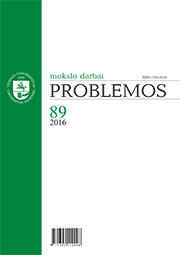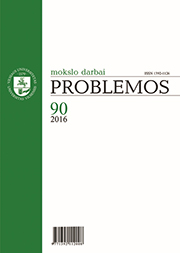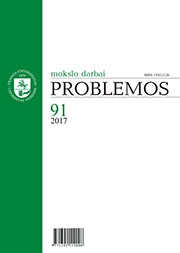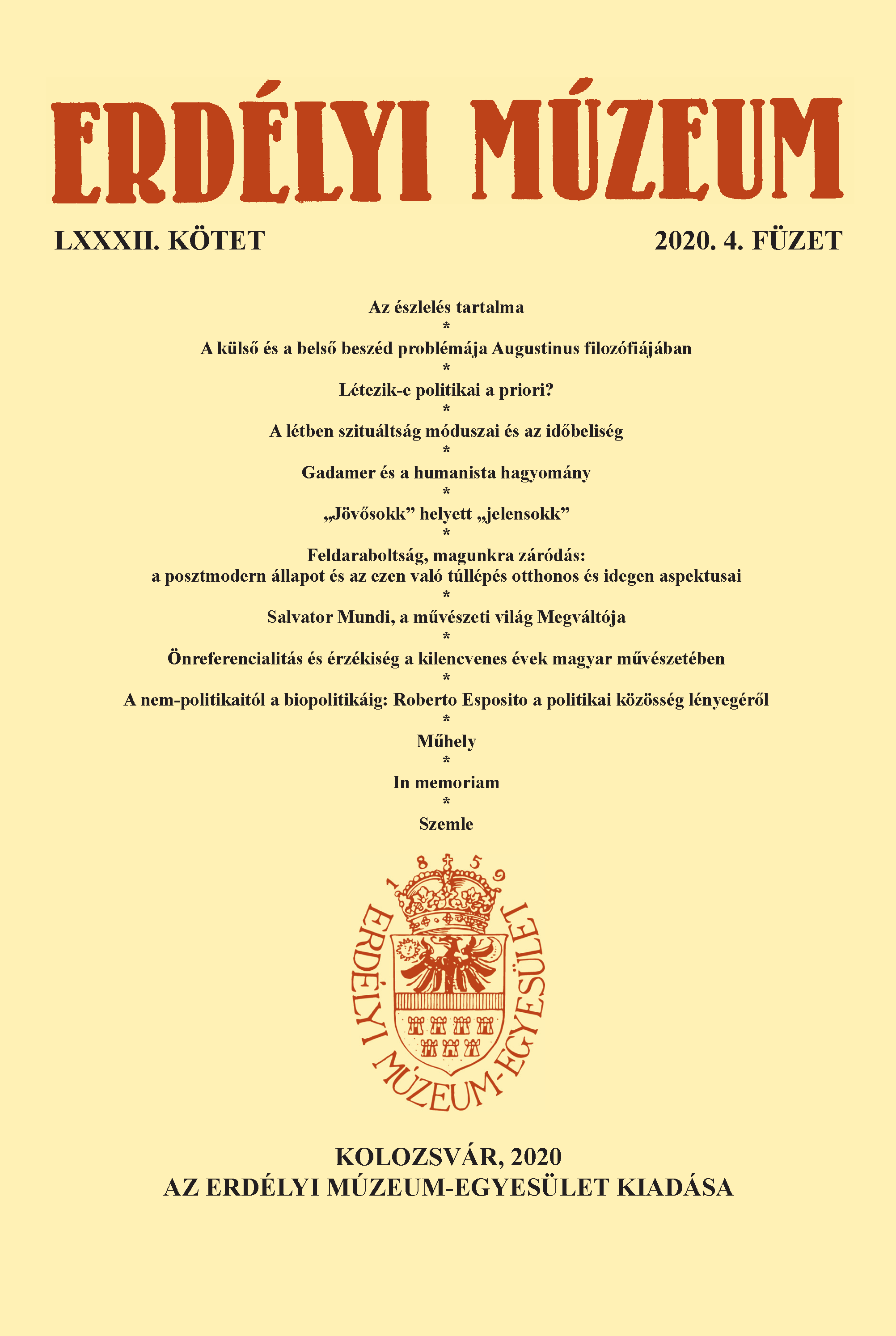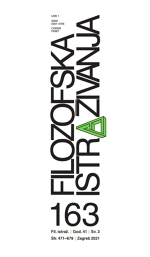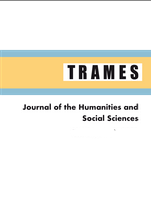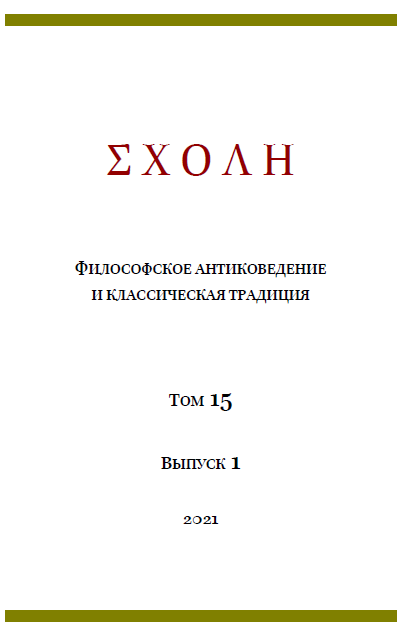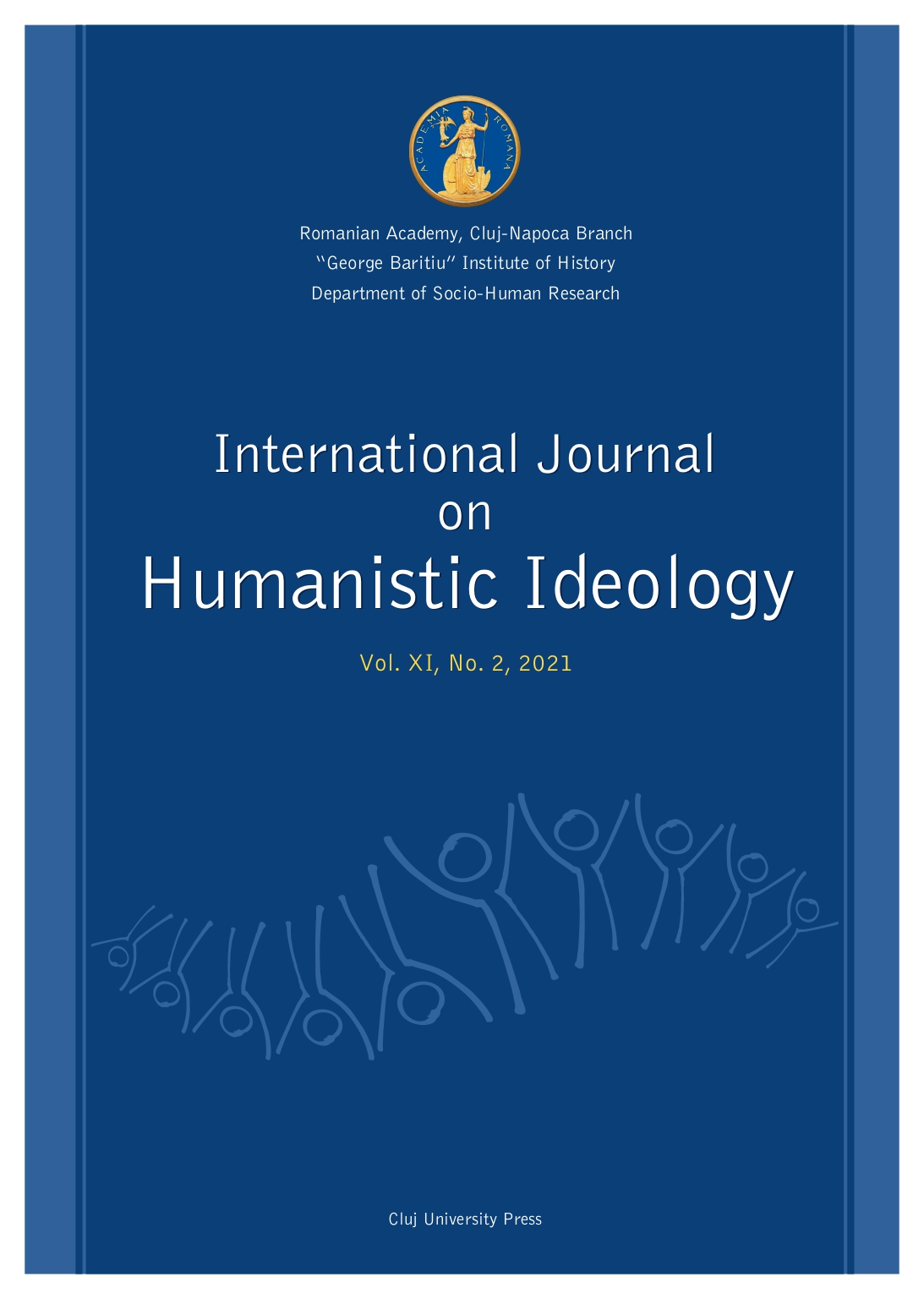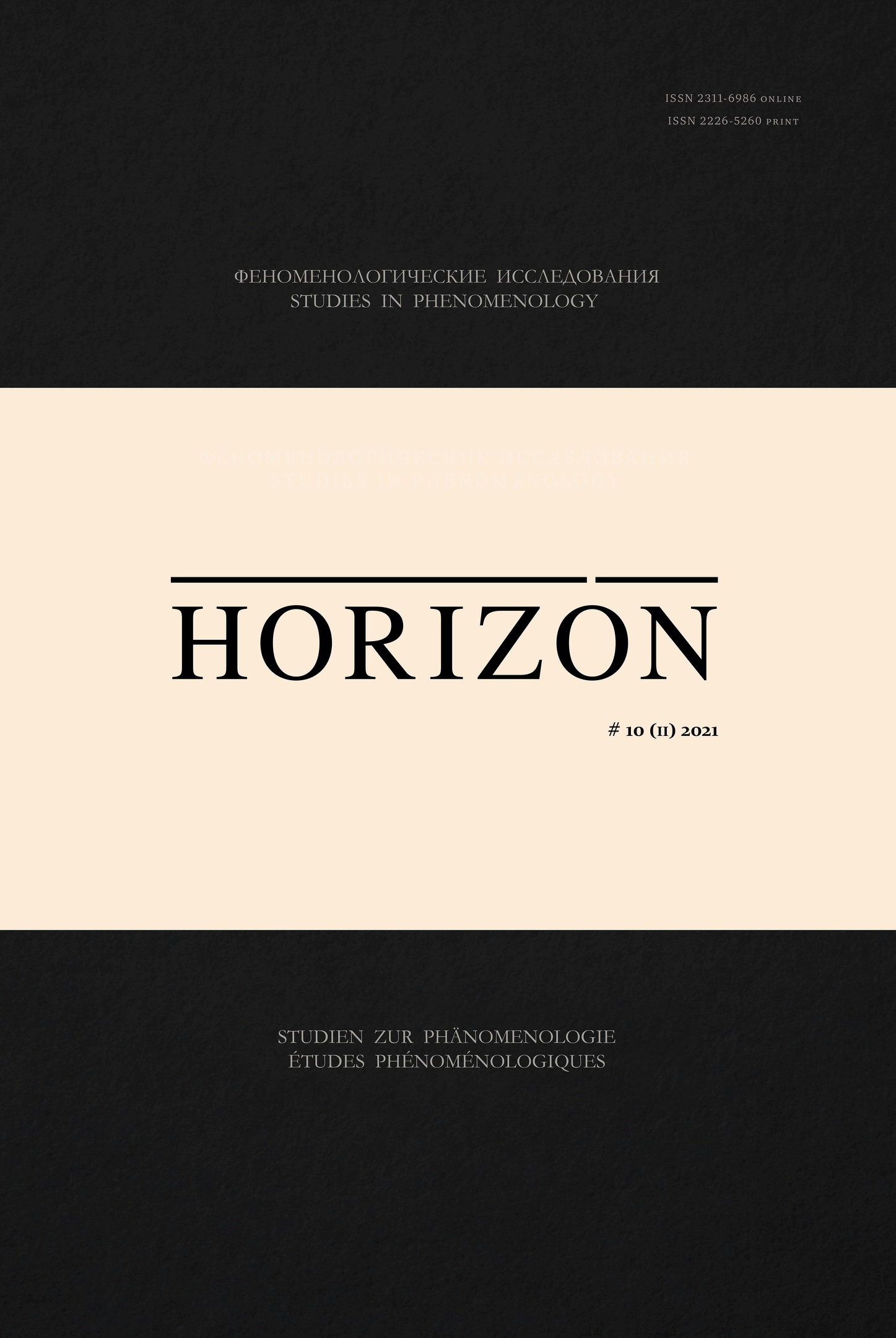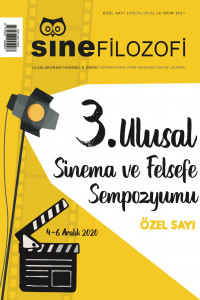GLOBAL LIFE WORLD
The essay is designed to disclose one aspect of modern Western civilization that has become the ground for what is known as “globalization.” The argument is presented that this civilization is premised on formal systems that are not derivable either from physical or from empirical grounds. Such systems are constructs and their connection with the environment is technical and productive. Thus the selection among the systems to be applied depends on social valuations with respect to their usefulness. The current global systems of internet communication have no physical presence; they are purely “signitive” in the sense that they have no specific space-time location, although can be embodied at any time and any place. Such systems provide an invisible net that can be utilized to access and communicate messages about all events around the globe. The argument that such communication although very fast, takes some time, since the logic of this communication is signitive, a net of meanings that by themselves, as a matter of course define even space and time. It can be stated without a contradiction that the invisible signitive world is a variant of traditional metaphysics, such as Plato’s understanding of mathematics, or the world of ideas.
More...
